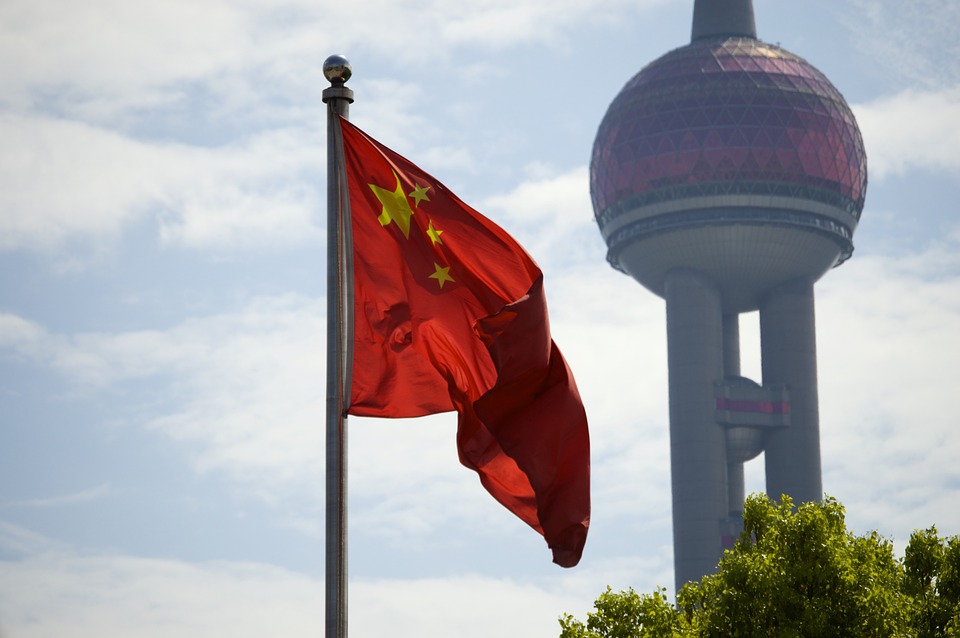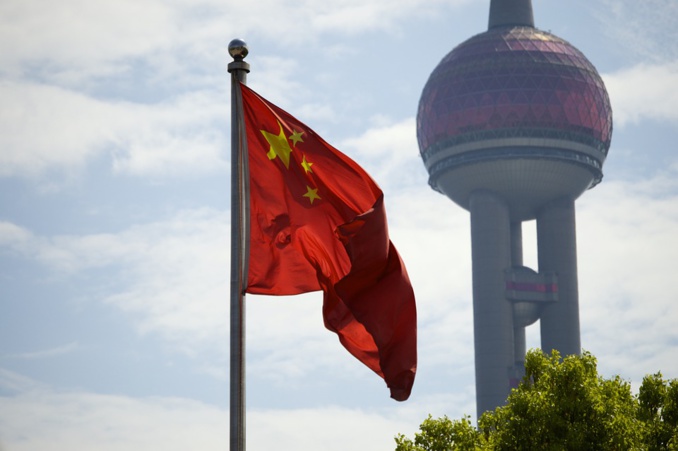The offensive against digital currencies is carried out on many fronts. Facebook, for example, recently banned advertisements for primary placements of tokens (ICO) and crypto currency in general. However, Beijing keeps causing the main harm to digital currencies. People's Bank of China (PBOC) has already banned trading in crypto-currencies on stock exchanges and ICO, but private individuals have bypassed this ban and continued to conduct trading operations on specialized sites and platforms. It seems that now Beijing is ready to close the last loophole. The PBOC warned that regulators are blocking access to sites that sell digital currencies - not only to Chinese, but also to foreign ones.
China made the next step made on the road to a complete ban on trade in crypto-currencies, writes the South China Morning Post (SCMP). The publication emphasizes that this was done because the previous step did not fulfill the task.
"Despite the ban on intra-country trade, overseas transactions and evasion of the regulator's measures have continued, SCMP writes. - Risks, fueled by illegal primary placements, pyramids and even open fraud, persist. "
ICO is a fund-raising method that is popular among crypto-currency start-ups. Experts warn that fraudsters are announcing increasingly ICOs, using the fact that operations with crypto-currencies can be carried out anonymously and, consequently, with impunity.
The PBOC has already banned financial institutions from financing any activities related to crypto-currencies. Numerous bans have had a very negative impact on the work of crypto-exchange exchanges in China. In September, the Shanghai bitcoin stock exchange BTCC, for example, announced closure of trade operations in China.
So far, all the prohibitive measures of the PBOC have not had a proper impact on private investors, who, after all bans, simply transferred all their activities to Hong Kong and Japan, and money was still received from investors from the mainland. Experts can not yet determine the effectiveness of the latest measures of the Chinese central bank. The matter is that China is considered to be the largest crypto-currency market of the planet. Suffice it to say that the largest mining centers are located on its territory. In addition, most fans of crypto currency are well versed in the Internet and computers and are able to bypass all sorts of blocks and filters.
There’s only one thing obvious. Restricted access to crypto sites will certainly impact Bitcoin and other cryptocurrencies.
"Tightening of the PBOC’s rules," says Wayne Cao, the head of the company that recently conducted the Bitokone's ICO and placed 10 billion tokens, will definitely affect cryptocurrencies. " According to Cao, most of the ICO in China is funded by Chinese investors, so the complete closure of the Chinese market will pull the entire sector of the crypto-currency to the bottom.
source: scmp.com
China made the next step made on the road to a complete ban on trade in crypto-currencies, writes the South China Morning Post (SCMP). The publication emphasizes that this was done because the previous step did not fulfill the task.
"Despite the ban on intra-country trade, overseas transactions and evasion of the regulator's measures have continued, SCMP writes. - Risks, fueled by illegal primary placements, pyramids and even open fraud, persist. "
ICO is a fund-raising method that is popular among crypto-currency start-ups. Experts warn that fraudsters are announcing increasingly ICOs, using the fact that operations with crypto-currencies can be carried out anonymously and, consequently, with impunity.
The PBOC has already banned financial institutions from financing any activities related to crypto-currencies. Numerous bans have had a very negative impact on the work of crypto-exchange exchanges in China. In September, the Shanghai bitcoin stock exchange BTCC, for example, announced closure of trade operations in China.
So far, all the prohibitive measures of the PBOC have not had a proper impact on private investors, who, after all bans, simply transferred all their activities to Hong Kong and Japan, and money was still received from investors from the mainland. Experts can not yet determine the effectiveness of the latest measures of the Chinese central bank. The matter is that China is considered to be the largest crypto-currency market of the planet. Suffice it to say that the largest mining centers are located on its territory. In addition, most fans of crypto currency are well versed in the Internet and computers and are able to bypass all sorts of blocks and filters.
There’s only one thing obvious. Restricted access to crypto sites will certainly impact Bitcoin and other cryptocurrencies.
"Tightening of the PBOC’s rules," says Wayne Cao, the head of the company that recently conducted the Bitokone's ICO and placed 10 billion tokens, will definitely affect cryptocurrencies. " According to Cao, most of the ICO in China is funded by Chinese investors, so the complete closure of the Chinese market will pull the entire sector of the crypto-currency to the bottom.
source: scmp.com



















